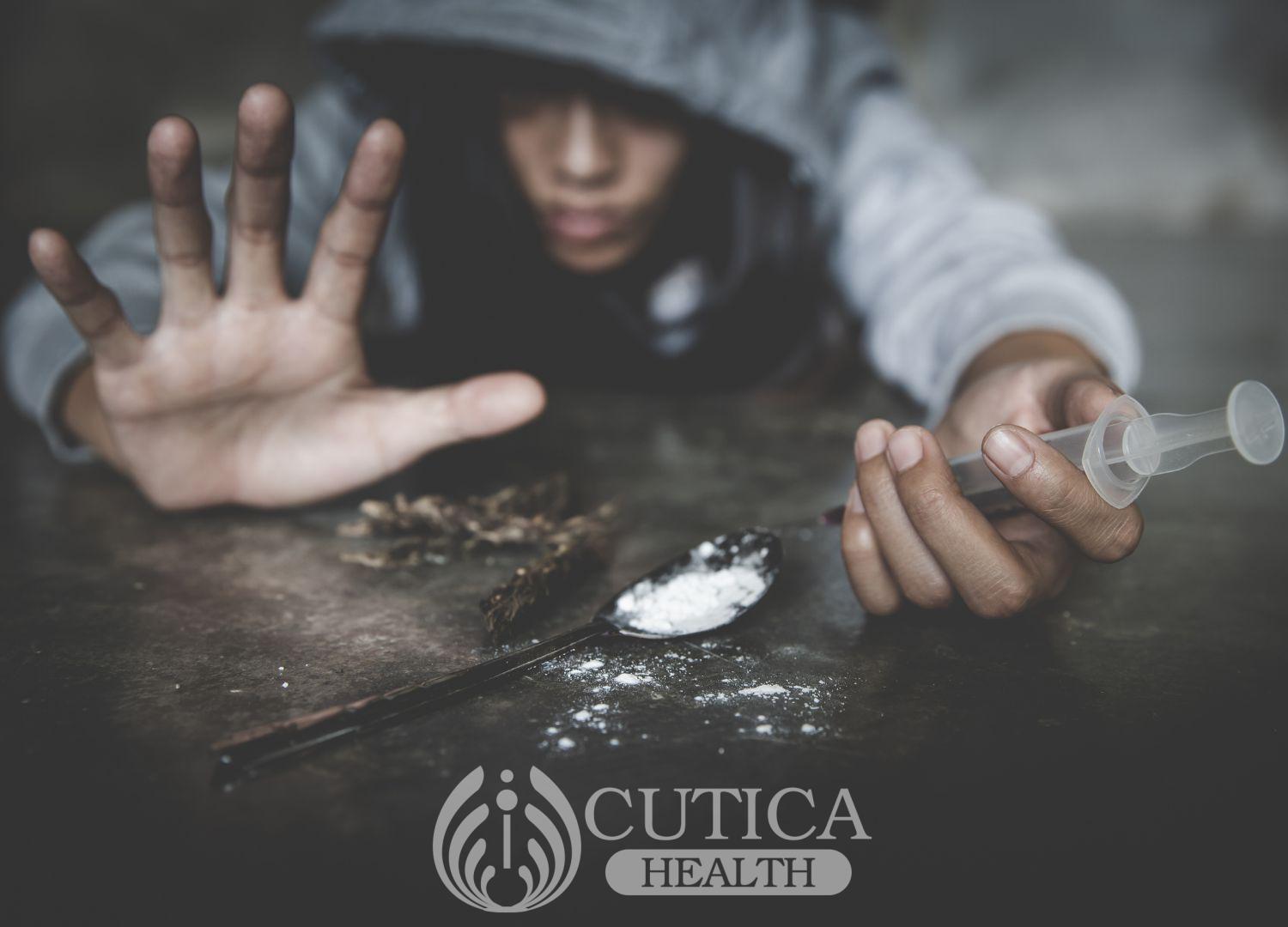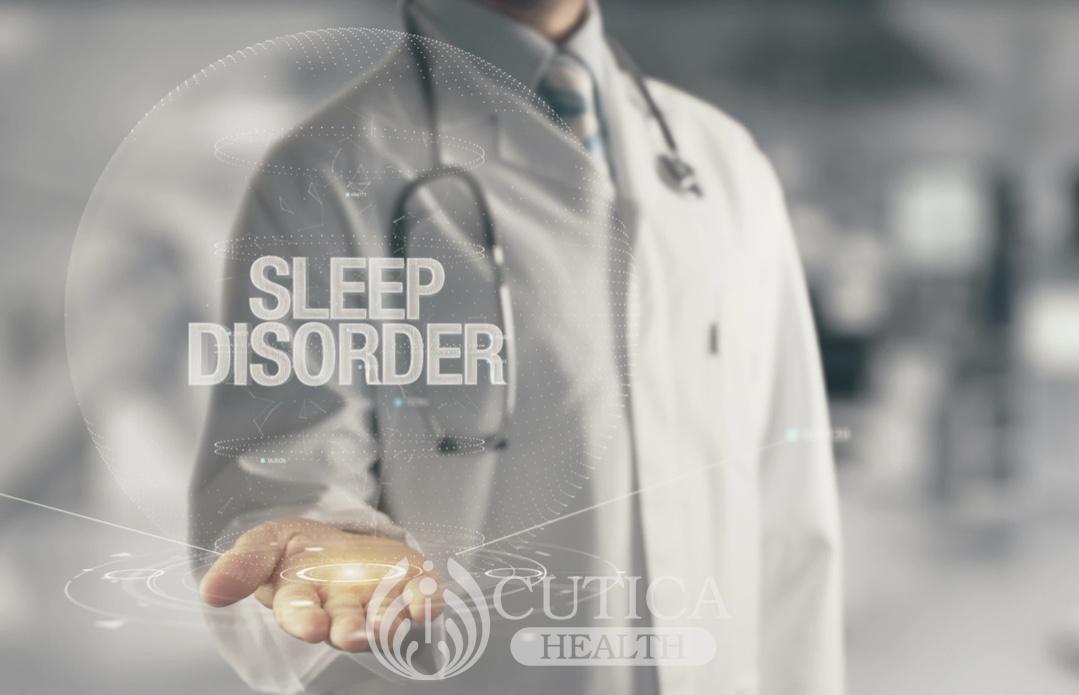
Diza started using drugs when she lost her job. She had worked hard to get the job, and she was hoping to be promoted, but instead she was fired when the company downsized. She felt like the world had ended. A friend recommended some drugs to help her forget the pain, and they made her feel like she was flying and nothing could hurt her again. Since then, she has exhausted her life's savings on her drug habit, and all her efforts to quit has failed.
Drug abuse occurs when a person misuses psychoactive or prescription drugs such as cocaine, marijuana, alcohol, and tramadol for the purpose of stimulating a pleasurable feeling. Drug abuse, also known as substance use disorder, often results in significant physical, mental, and interpersonal problems, and quitting the habit is not easy. But if you strengthen your mind to overcome those urges, seek professional help, and use strong coping strategies, it can be a successful journey to recovery!
Here are some tips to try:
Know and avoid your triggers
Sometimes, you pass a place or you smell a specific scent, and you get strong reminders of past events, people, or experiences. You might remember the very first time you visited that place, who you were with, or how happy you felt. These associations we create extend into all parts of our lives, and when you are trying to overcome a drug habit, they may become triggers for you. The first step is to remove anything that may in any way remind you of drugs from your home, office, car, etc. If you are working on drugs or alcohol addiction, remove drugs, alcohol, drinking glasses, syringes, rolling paper, pipes, and bottle openers.
Take care to avoid people with whom you indulge in these activities; avoid your usual spots, events, and even new places where any of these triggers may be available. Tell friends and family about your journey and ask them not to bring any of these items into your house. It might seem extreme, but research has shown that even seeing street corners where they used to hang out and smoke was enough to tempt recovering addicts to indulge. Once you know your triggers, you should put plans in place to avoid them.

Learn to distract yourself
Although all possible reminders of the addictive agent have been removed from your environment, it is possible to still encounter a trigger, or you may just find yourself experiencing strong cravings. This is a normal part of the journey, and you are going to learn how to ignore it. Now that you know your triggers, come up with several activities that could fill up the space you normally spend on drug use. People who smoke often find that items such as lollipops, chewing gum, or toothpicks are a good replacement for cigarettes or blunts. Exercising is a good activity to pick up, because it stimulates the production of endorphins, which make you feel good and happy. You can pick up a new hobby such as gardening, cooking, writing, reading, or dancing. Join a community of people with similar experiences, they can be sources of inspiration when you feel tempted.
Build up your resilience and coping skills
Many people turn to drugs to deal with difficult emotions or situations. Drugs create a long-lasting feeling that may be numbing, pleasurable, or freeing, presenting a short-term escape from present worries. Once you get dependent of this feeling, it becomes hard to cope with emotions naturally, and you turn back to drugs every time to cope. Building up your resilience and finding healthy ways to cope is essential for a total recovery from drug addiction.
Therapy can help you uncover the unhelpful thought patterns and behaviours influencing your drug habit and work with you to change or replace them with helpful ones. You will learn different techniques to help you cope with cravings, triggers, and distressing emotions during your recovery journey.

Conclusion
Drugs can seriously disrupt one’s life, from physical health to relationships with friends and family to brain connections and functioning. The good news is that your brain can recover from addiction by modifying its connections, so the rest is up to you. The recovery journey is not an easy one, but it is a rewarding one, and you are never alone. Remember to work on controlling your impulses, use your coping techniques, avoid and plan for your triggers, and be consistent in staying clean. You’ve got this!












